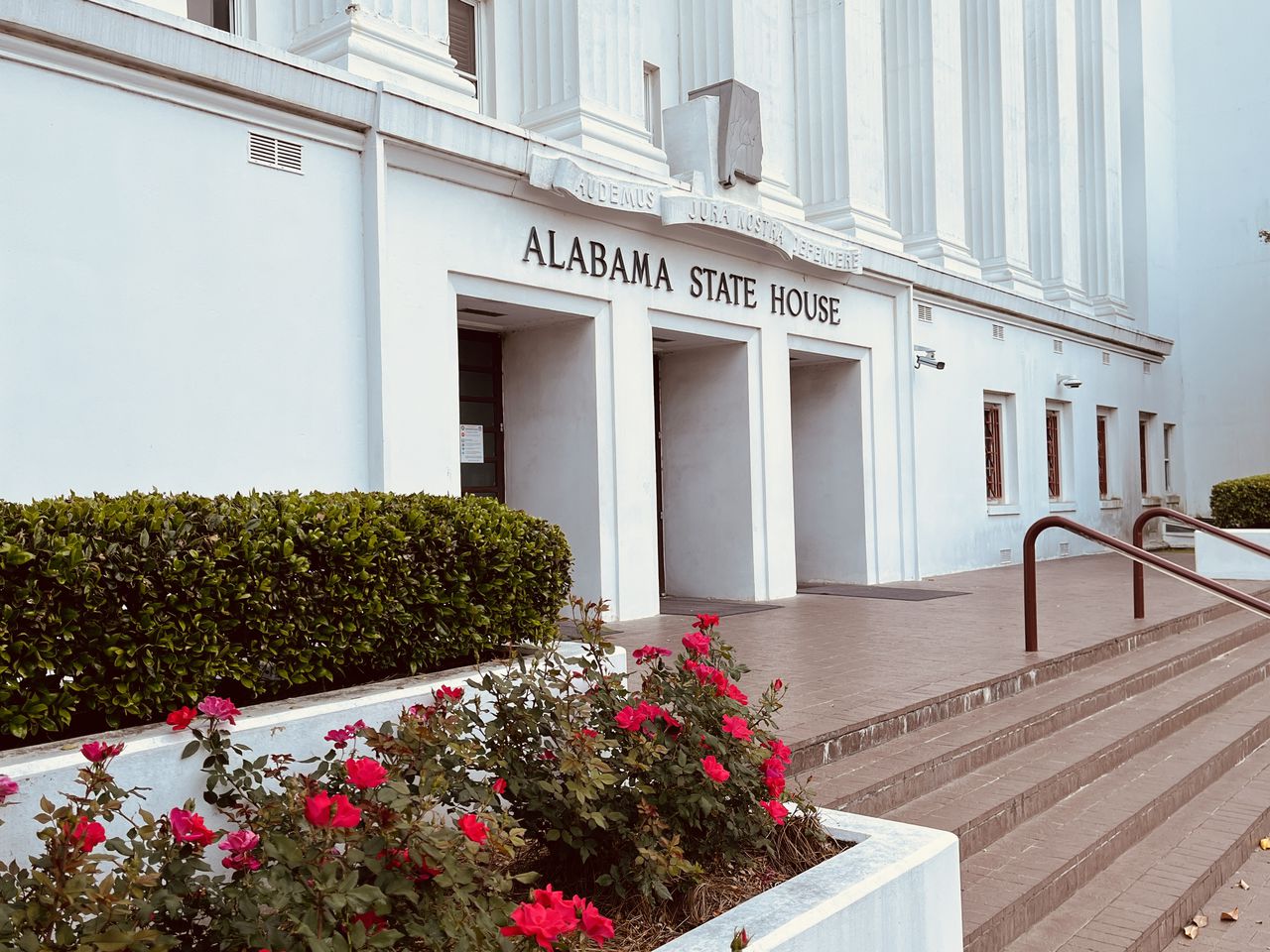Lawmakers expected to consider changes to Alabama ethics law
The chairman of the Alabama House Ethics and Campaign Finance Committee said Wednesday he expects to propose changes to the state ethics law during the next legislative session.
Rep. Matt Simpson, R-Daphne, is leading a series of meetings by the committee to examine issues identified by a study commission a few years ago and by Alabama’s appellate courts.
Most of those are areas where the law is confusing, ambiguous, or unclear, Simpson said.
“I think an overwhelming majority of people want to do the right thing,” said Simpson, a former Baldwin County prosecutor who was elected to the Legislature in 2018. “They want to follow the law. They just don’t know where the lines are. They don’t know what they can and can’t do. The purpose of this is to draw some lines, to make some clarity, some clarification.”
At a meeting Wednesday, James Entrekin, general counsel for the Legislative Services Agency, presented an overview of the ethics law, a recap of the 2019 report by the Ethics Clarification and Reform Commission, and a summary of open questions and lingering issues from the case of former House Speaker Mike Hubbard, who was convicted of ethics violations in 2016.
The Alabama Supreme Court overturned some of Hubbard’s convictions and noted what some of the justices said was a lack of clarity in the law.
One of the lingering issues is the precise definition and scope of the term principal, which refers to organizations and individuals that employ lobbyists. Public officials are prohibited from accepting things of value from principals, just as they are from lobbyists. But what about the managers or officers of a company that has a lobbyist? Are they considered principals, even if they are not directly involved in hiring or supervising the lobbyist?
One of Hubbard’s convictions was for accepting a thing of value from the former chairman of the Business Council of Alabama, which employs lobbyists. The Alabama Supreme Court overturned that, finding that the former chairman did not fit the definition of a principal.
An issue included in the Clarification and Reform Commission report concerns conflicts of interest.
The law prohibits legislators from voting for bills when they have a conflict of interest, such as in certain cases where a bill would help a business with ties to the lawmaker. The ethics law defines conflict of interest in two ways, similar but distinguishable, according to the commission report.
One definition is based on ownership or control of more than 5% of a business, or being an officer or director. The other says if there is a unique financial benefit to the lawmaker, family member, or a “business with which the person is associated.”
The commission said it found it hard to define the appropriate standard for a conflict of interest because those decisions depend on specific circumstances.
Although sorting out some of the legal questions could be a tedious job, Simpson noted the importance. About 300,000 public officials and public employees fall directly under the ethics law, including not only elected officials and public agency heads but teachers, police officers, and others in public service. Including their family members, the estimated total is close to 1 million.
“We want good people to be able to be public officials and public employees,” Simpson said. “We want the best of the best. Not just running for office. But you’re talking about the employees of the city, the employees of the county. To understand, hey, if I get in this work to serve, to be a public servant, I don’t know want to hurt my family or potentially go to prison just because I served in public and I don’t know what the laws are.”
Simpson encouraged people to follow the committee’s work, ask questions, and express their concerns. The next meeting is Oct. 26.
“We’re going to get into the weeds as far as what are we looking for in a bill,” Simpson said. “What definitions do we want to use? What bills do we have that we can do to actually correct the ethics laws? And that’s my plan. That’s my intention, is to file a bill for this session.”
The legislative session begins Feb. 6.
Related: Former Alabama Ethics Commission director says new law could silence whistleblowers
